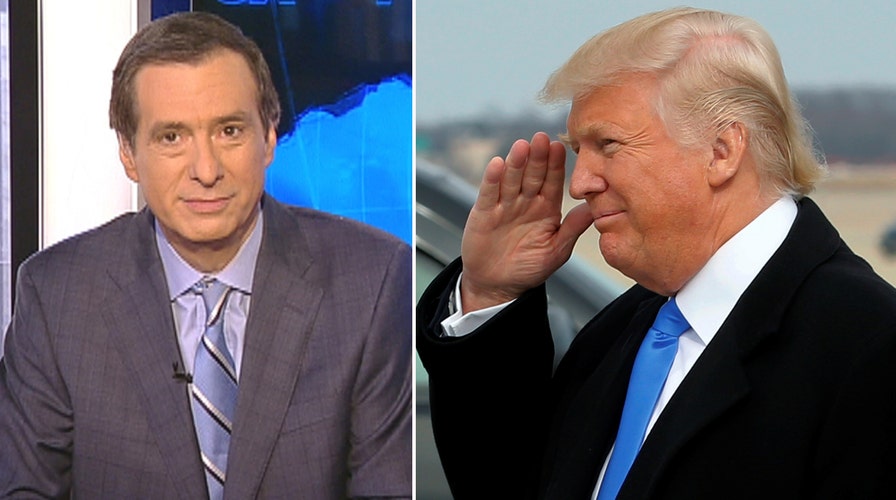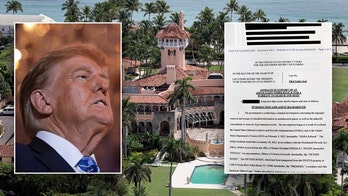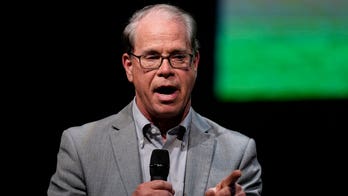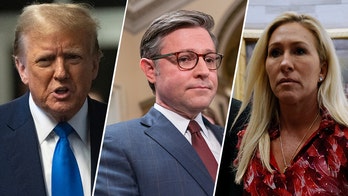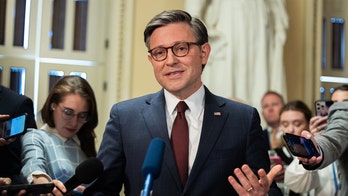Kurtz: Can Trump stand and deliver?
'MediaBuzz' host Howard Kurtz weighs in on the transition candidate-turned President-elect Donald Trump now needs to make as the 45th president of the United States
The smart thing about President Trump’s serious and sober speech is that he didn’t make it about him.
The populist tone was unmistakable from the outset as the man so long dismissed by the media and political establishment talked about giving the government back to the people: “This is your day, your celebration.”
That may be a common rhetorical device, but Trump’s campaign was so personality-focused that this was a refreshing approach.
Plus, the short speech made clear that the master showman knows something about not boring his audience.
This was not a conservative speech. There was not even a nod to the notion of shrinking the size of government, not even a Clintonian “the era of big government is over.” That is not Trump’s passion.
The headline that he had in mind—“America First”—has unfortunate historical overtones from the pre-World War II era, as liberal pundits quickly pointed out. But it fit nicely into Trump’s themes of getting tougher with other countries on trade, immigration and shouldering the cost of their defense.
What struck me is how the man who ran against the Republican establishment said it didn’t matter which party controlled the White House, as long as the people had the power. He augmented this with his standard refrain about ending the era of “all talk and no action.”
The new president seemed to be addressing those who elected him when he spoke of “the forgotten men and women” and how “the establishment protects itself,” leaving little to celebrate for struggling families.” That is what enabled him to win over some hope-and-change voters from 2008.
There were bows to the other side, beginning with his praise of Barack and Michelle Obama for their “magnificent” help. He talked about “mothers and children, trapped in poverty in our inner cities…and the crime, and the gangs, and the drugs that have stolen too many lives and robbed our country of so much unrealized potential.”
Those passages, and Trump’s declaration that “this American carnage stops right here,” were sharply criticized by MSNBC commentators as too dark. But I saw it as a recognition that minorities and the poor, most of whom voted for Hillary Clinton, are also on his radar.
The 45th president wound up by telling those on the West Front of the Capitol and those watching at home that “your voice, your hopes and your dreams will define our American destiny.”
Like everything surrounding Donald Trump, the speech is already stirring praise and criticism. Now the challenge for the new president—and the country—is to see whether he can match the expectations of his inaugural address.
